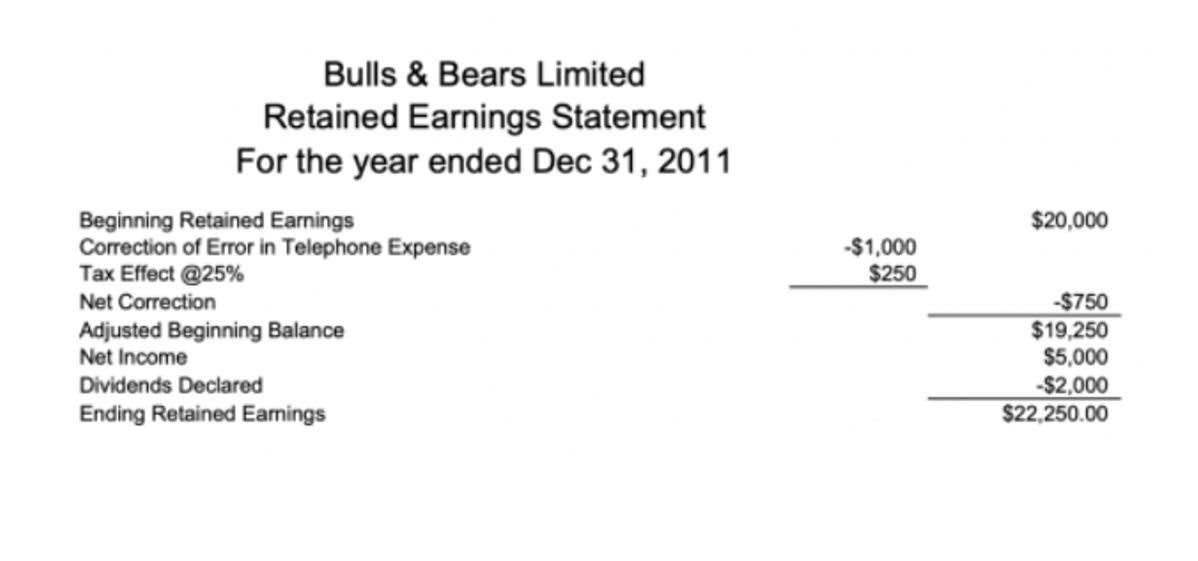
It’s common for businesses to struggle with cash flow and working capital because of outstanding debtor invoices. Small businesses in particular are hit hard by slow-paying customers due to tight margins. We’ve been talking a lot about the traditional approach to invoice financing throughout this article, in which a financing institution provides funds based on the value of outstanding invoices. It may seem like an ideal situation—your customers get normal balance flexible payment options, and you get cash right away.

How Does Invoice Financing Work?
There are no hard and fast disadvantages of invoice financing, but there may be reasons why it is not your first choice for business financing. An invoice discounting facility without disclosure to the debtor will grant the seller of the receivables full confidentiality, and therefore avoid reputational hazards. We assist companies to access trade and receivables finance through our relationships with 270+ banks, funds and alternative finance houses. Once B collects the entire $5000 from A’s customers, it pays back the remaining 15% after its fee deduction. In contrast, A gets to fund its working capital needs quickly without having to wait for its customers to pay them.
- By selling their unpaid invoices to a third-party financing company, businesses can access funds almost immediately instead of waiting for customers to settle their dues.
- Factoring companies look for high volume and low risk, meaning they prefer big-ticket invoices owed by customers who are unlikely to default.
- Remember that partnering with a bank-backed company like altLINE drastically reduces risk by avoiding hidden fees or being locked into a long-term contract.
- By providing feedback on how we can improve, you can earn gift cards and get early access to new features.
- This includes businesses like warehouses and retail suppliers that may have net-30, -60 or -90 invoices, which means that the invoice is due 30 to 90 days after it’s issued.
- Compared to other types of business loans, banks are less likely to provide invoice financing.
- In return for fast access to cash, a business pays the invoice finance company a fee, often a percentage of the amount borrowed.
Improved Cash Flow
There is no due diligence charge here because the process of collecting money still lies with the company. Though the lender checks the clients’ creditworthiness, the transaction happens majorly on the company’s reputation and financial strength. Remember that partnering with a bank-backed company like altLINE drastically reduces risk by avoiding hidden fees or being locked into a long-term contract. Invoice financing providers, which typically double as invoice factoring companies, are third-party companies that provide cash upfront to businesses in exchange for their outstanding invoices.
Allianz Trade Country Risk Atlas 2025

Invoice finance is a common form of business finance where funds are advanced against unpaid invoices prior to customer payment. Invoice finance houses include banks, alternative investment providers and private lenders, used by businesses who trade both domestically and globally. There are two types of invoice financing methods; discounting and factoring.

How can invoice finance benefit my business?
As a global leader in trade credit insurance, Allianz Trade provides world-class knowledge and data to empower your trading decisions. We offer extensive economic and business risk resources thanks to our teams of experts around the world. As every business person knows, there can be a big, long gap between revenues and actual cash flow invoice financing – especially when you have customers who demand “generous” payment terms and wait until the last day to remit. Factoring with altLINE gets you the working capital you need to keep growing your business.
Payments

It could also be so that they can make quick moves in the market such as jumping at a short term opportunity. A growing list of customers equates to a growing list of goods or services you need to have in inventory. You don’t want to agree to new business if you aren’t confident in being able to pay your own suppliers on time. Financing your invoices gives you the comfort of knowing you’ll have cash more quickly, so you don’t have to turn away new customers. As you consider integrating invoice financing into your strategy, remember it’s one piece of the broader puzzle of managing your finances. Looking ahead and exploring comprehensive strategies for cash flow optimisation will help you build a resilient and thriving business.
- In short, invoice financing helps companies not to hold further operations due to a lack of funds when the payment is stuck with customers.
- Typically, with Invoice Discounting, the borrower will have more control over their ledger.
- This eliminates the need for manual data entry and paper-based workflows.
- Non-recourse factoring involves selling an invoice and even if the end-client doesn’t pay, your part is played out and the factoring company won’t come back to you for the funds.
- Your business then repays the advance out of a percentage of future sales or as a fixed payment.

The invoice financing solution you use will determine the level of risk. As with any type of debt, if your client doesn’t pay the invoice, you may be required to repay the advance or loan you received. Invoice financing, also called receivables financing, allows small businesses to get funding quickly for outstanding business-to-business invoices. In return for fast access to cash, a business pays the invoice finance company a fee, often a percentage of Retail Accounting the amount borrowed. Invoice financing is an alternative type of business loan that helps invoice-based businesses get short-term funding.
How automated invoice processing works
Even if cash flow or working capital isn’t a major issue, new business owners can still benefit from invoice financing when scaling their business. It allows entrepreneurs to be able to take on new customers in bulk without having to worry about how to keep up financially with sudden growth in sales. When financing invoices, the only collateral is the unpaid invoice itself, and eligibility is dependent on debtors’ creditworthiness, not the borrower’s. These factors can make it a great fit for small business owners who can’t qualify for a more traditional business loan.
There’s no two ways about it, a business needs funds in order to survive. There are also times where businesses will need quick access to funds. This could be if they need to pay their staff wages or their overheads.





